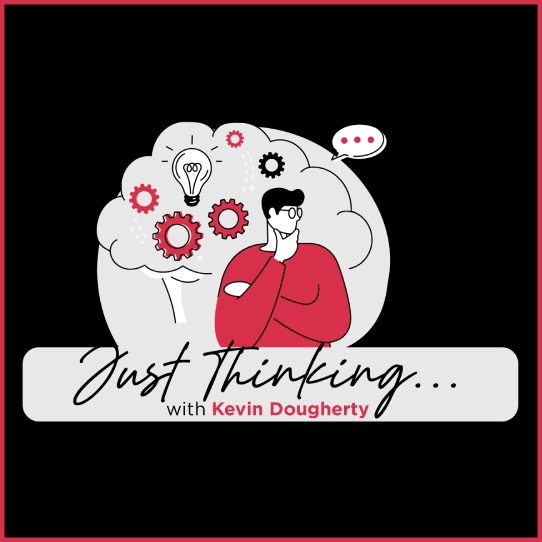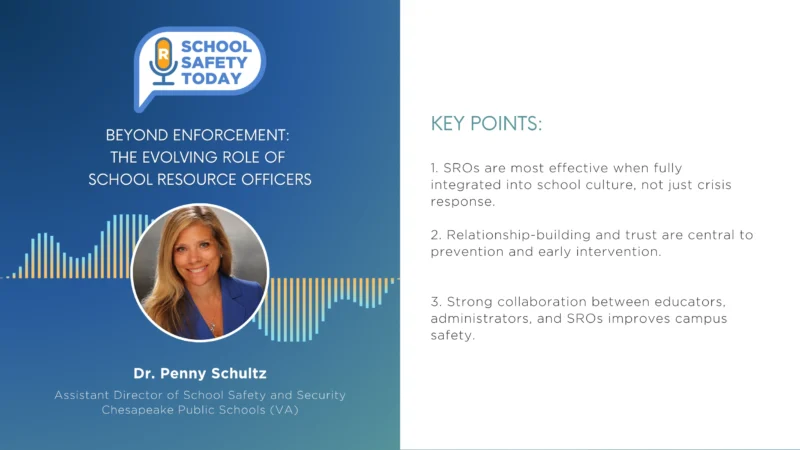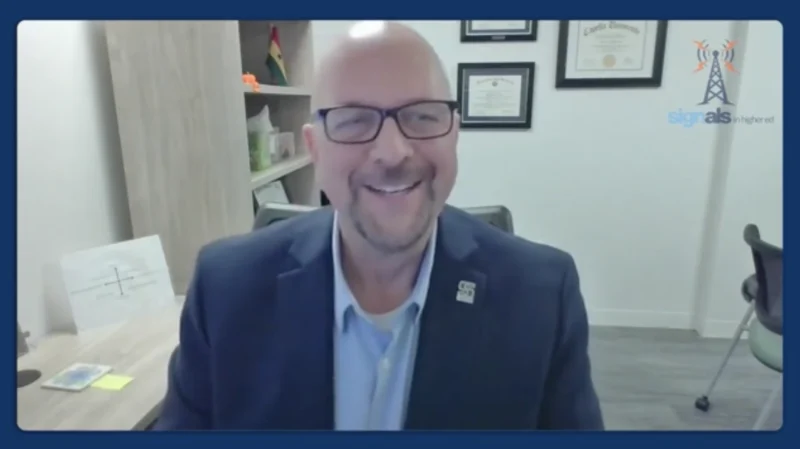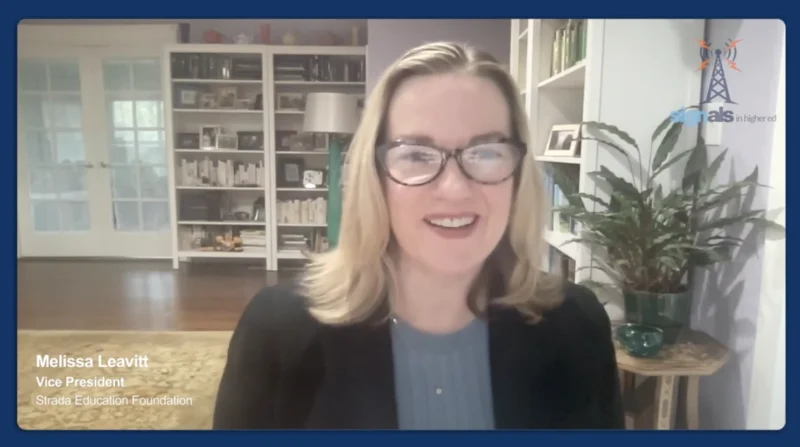Where Adversity Stands as a Catalyst that Fuels Leadership in Education
Turning adversity into a leadership tool has never been more critical with the educational landscape being so fast-paced. Recent ongoing challenges, from the pandemic’s aftermath to the evolving technological demands, educators now have to harness resilience to inspire and lead effectively. Studies show that leaders who have faced significant personal challenges are often more empathetic and effective, creating stronger connections with their teams and students.
How can adversity fuel leadership in education?
On this episode of “Just Thinking,” host Kevin Dougherty, Chief Strategy Officer for 806 Technologies, examined the topic with Ashlee Boothe, State and Federal Programs Coordinator for Barbers Hill ISD. Their discussion explored how personal struggles and adversity can shape and enhance leadership abilities, especially in the education sector. Dougherty and Boothe’s conversation covered key aspects of how adversity can be a powerful tool in developing leadership skills and creating more empathetic and effective educational environments.
Several highlights of their interview further covered:
- Boothe’s experiences growing up in a single-parent household and facing homelessness influenced her approach to education and leadership.
- The need for strong teacher-student connections, in which Boothe explained how understanding students’ backgrounds is crucial for effective teaching.
- Insights from her book, “Model Classrooms,” and how alternative certification routes and model classrooms can address the current teacher shortage.
Ashlee Boothe serves as the State and Federal Programs Coordinator for Barbers Hill ISD and is an adjunct professor at Texas A&M International University. With a diverse background in teaching, administration, and authoring educational books, Boothe has made significant contributions to the field of education. She has undergone a journey that’s included a challenging upbringing, to a leadership role in education showcases her resilience and dedication.
Article by Alexandra Simon.




